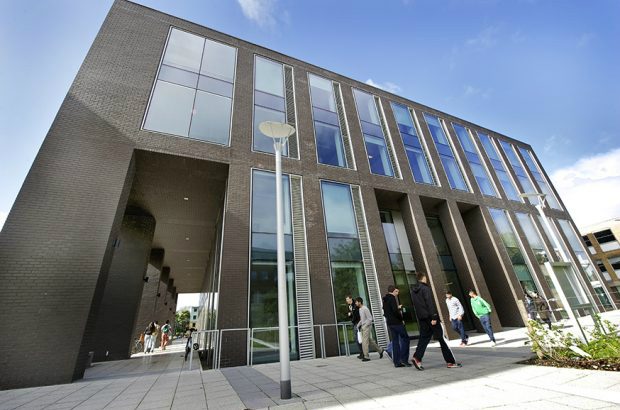The Future of Mobility Grand Challenge is driving a profound change in how we move people, goods and services around our towns and cities. Professor Warren Manning from the University of Derby looks at the momentum the strategy could provide for innovation in the way we do business.
Thousands of cases of breast cancer aren't picked up by mammograms. Could AI and data help revolutionise the way cancer is detected? Nick Jennings from Imperial College London thinks so.
The Industrial Strategy has a startling statistic that only 50% of our companies do any innovation at all. Universities have a big role to play and particularly through the researchers that we train.
Earlier this year, YU’s Board of Vice-Chancellors agreed that YU should seek to widen and deepen the collective role of universities in place-based development and the Industrial Strategy. Recently, YU held a roundtable in Leeds with Universities UK (UUK), which brought together universities, local enterprise partnerships (LEPs), combined authorities, government and national research funding agencies.
This week at the Farnborough International Airshow we have seen some fantastic examples of British business and universities working together that have captured the imagination of the world. This shows what can be done when we combine the power of UK business with the research power of UK academia.
The government's Industrial Strategy is fundamentally about improving UK productivity. Business schools and their research and engagement activities have a central role to play.
Meeting the challenges described in the government’s modern Industrial Strategy, including the need to increase the level of productivity across the UK, will essentially be achieved by people.







